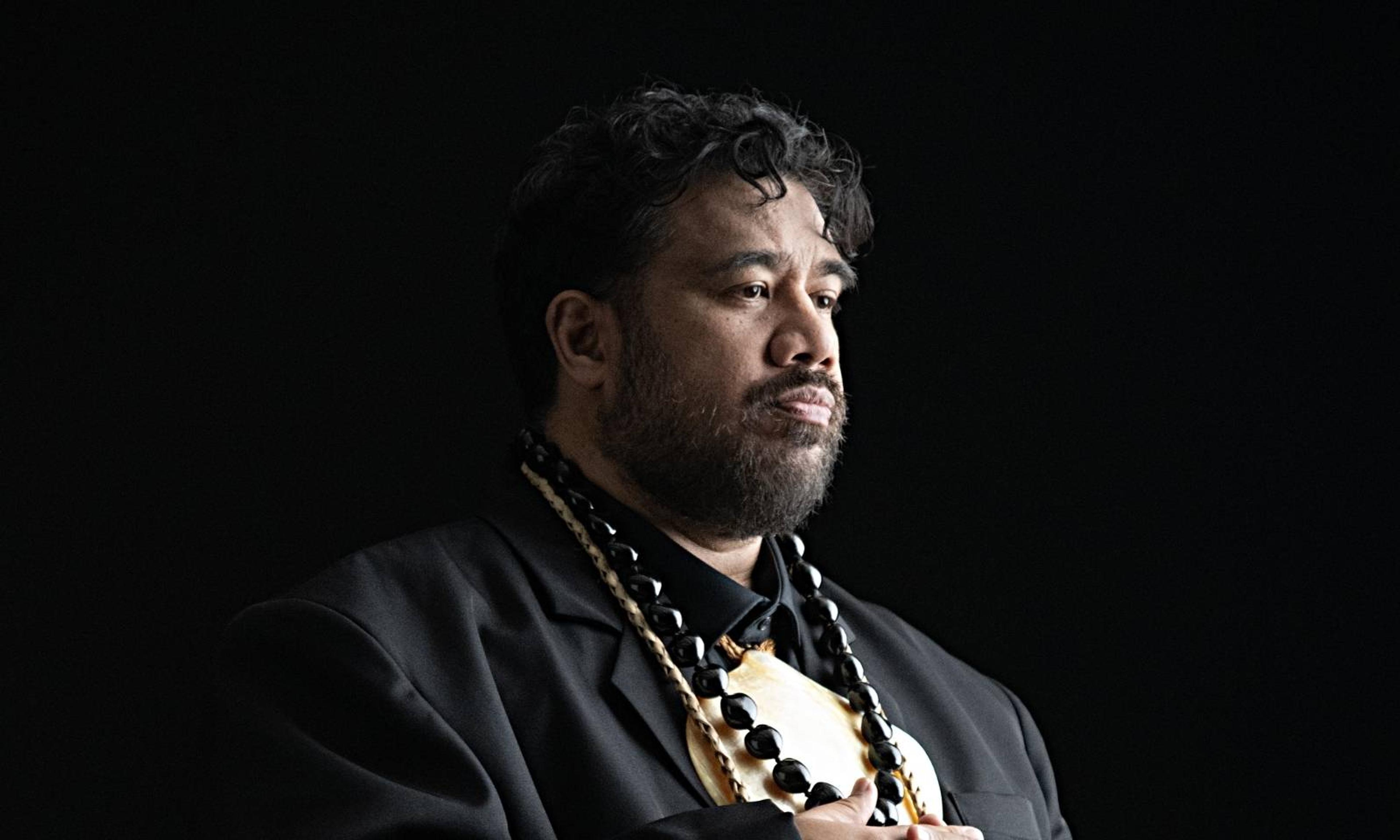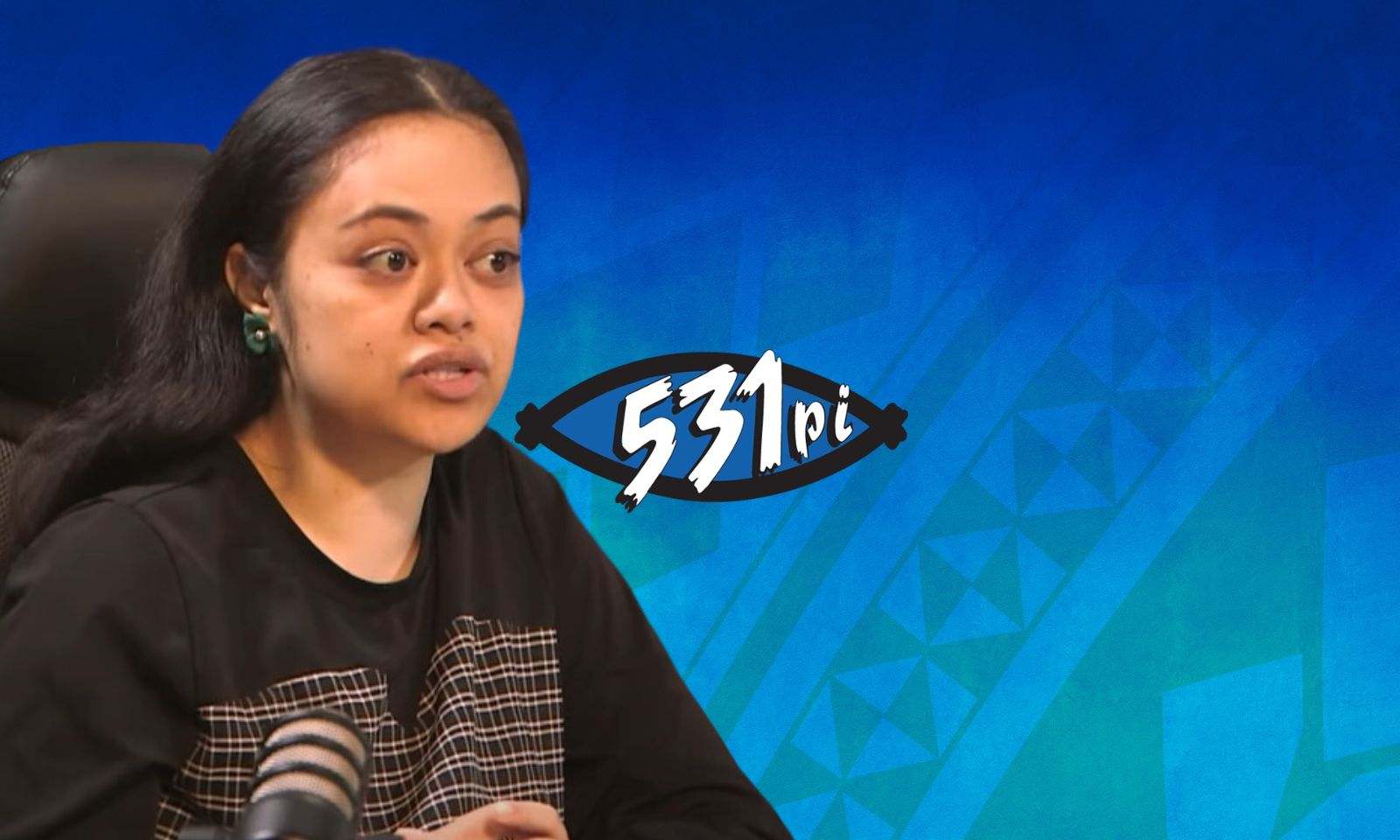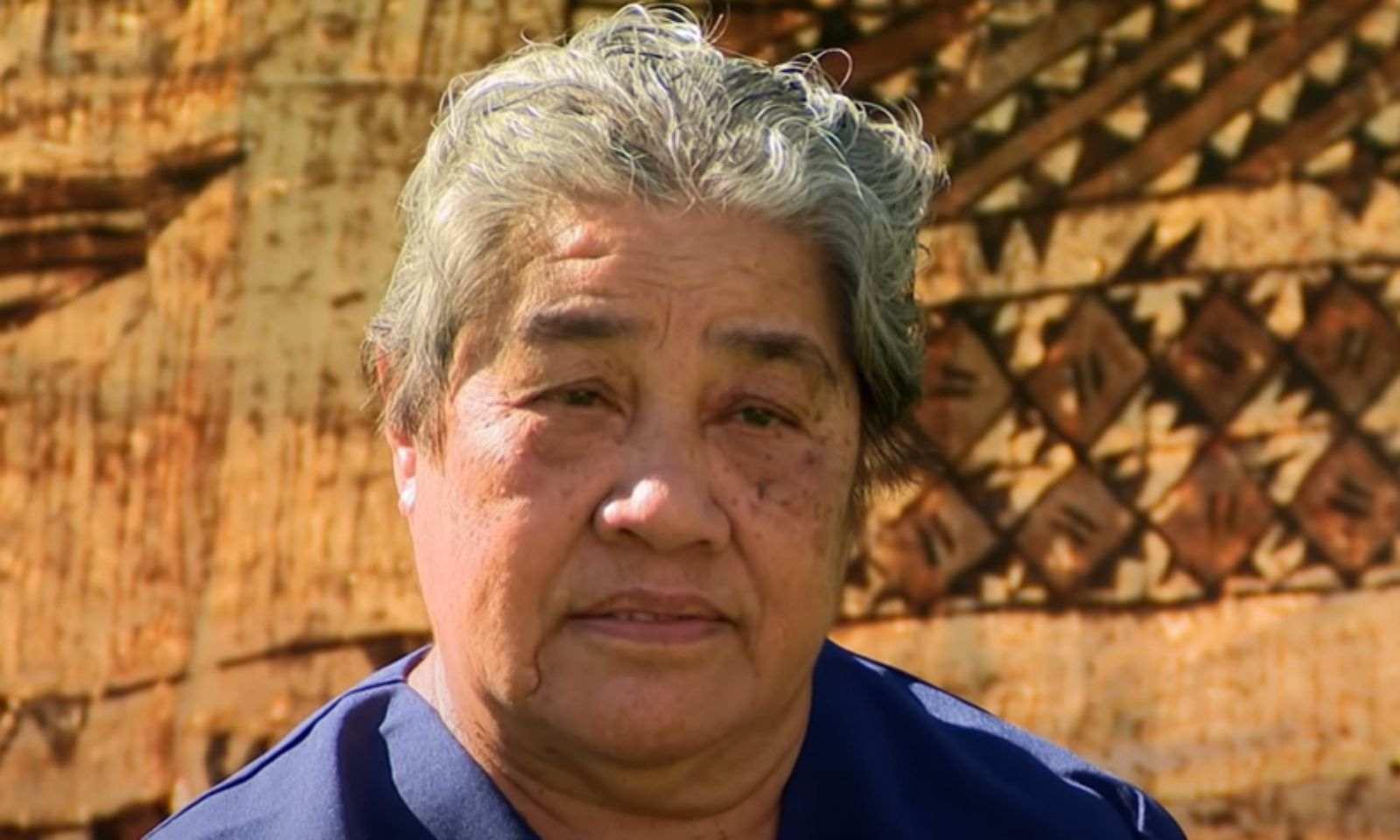

BluTV Media's Hana Va'ai Schmidt and political commentator Taliaoa John Loau.
Photo/BluTV Media/ edited by PMN News
Pundits debate National's decision to not support Sāmoan citizenship bill
Pacific Mornings' latest political panel faced-off on whether National made the right decision by voting against the Restoring Citizenship Removed by Citizenship (Western Sāmoa) Act last week.



Māngere-Ōtāhuhu's future leadership revealed for 2027




Second Apology: Fijian artist’s bold new film demands more for Pacific communities

Māngere-Ōtāhuhu's future leadership revealed for 2027


A Pacific group that supports the National Party has come under fire over its effectiveness as a lobby group.
The criticism of the Pacific Blues group - a collective of Pacific supporters of the National Party - comes after National were the only political party to oppose a bill that is looking to restore New Zealand citizenship rights for some Sāmoans who had it taken from them in 1982.
The Restoring Citizenship Removed By Citizenship (Western Samoa) Act 1982 passed its first reading in the House last Wednesday, with support from all the opposition parties, ACT and NZ First.
During a lively panel debate on 531pi’s Pacific Mornings, BluTV Media political correspondent Hana Va'ai Schmidt said there have been varying opinions and perspectives on the bill, which she feels is long overdue.
But Schmidt didn’t understand why National opposed the bill, suggesting that the party’s rejection of the bill presented by Green Party MP Teanau Tuiono shows the Pacific Blues group may not be advising its MPs well enough.
“It just feels like a lack of Pacific engagement with the National Party, a lack of engagement with their communities.
“I understand that the National Party has a Pacific Blues caucus, which represents Pacific people. How that conversation was not translated to the Ministers, to their board and their Prime Minister is very worrying for me.
"We haven't heard a statement from the chair, we haven't heard a statement from their board member who is a Pacific person, Jannita [Pilisi], as to why the National party is not supporting this.”

Hana Va'ai Schmidt. Photo/BluTV Media
'Very sticky' issue
However, business consultant and Pacific Blues member Taliaoa John Loau rejects the criticism, saying the party leadership receives advice from many sources, and Pacific Blues is just one lobby group.
“Our job at the Pacific Blues is to not only poll our membership, but also the community as a whole, take that feedback and feed that back to our weekly communication with the minister as well as the Prime Minister.
“So we are just a group that lobby on behalf of and provide the feedback through the channels that we have available."
Loau says the caucus and Prime Minister base their decisions on a range of information they receive
“There is this narrative that our Pacific Blues group is not doing enough or not doing anything to advise them correctly. We are just one lobby group within, that has the ear ... providing them (the party) well-rounded information.”
Loau says the bill presents a complex challenge, especially in terms of how it’s delivered.
"The Prime Minister has pointed out since 1982 up until now that successive governments have been reluctant to traverse and navigate this … the delivery at the end of this will be a little more complex."
Loau says the number of those who would have qualified for citizenship before Muldoon overturned it with the Citizenship (Western Samoa) Act 1982 has "dwindled quite drastically".
"There are the other issues of when you're entitled to citizenship, your heirs are entitled to that as well."
He says the National Party views the "spirit of the bill" as sensible but that it does not outline an effective delivery method to achieve the outcomes needed.
Loau adds that the Green Party have been in parliament long enough to know how to write a presentable bill that can gain cross-party support - especially for a bill as complex as this.
"Do we deliver this bill and say 'okay cool those who are alive still qualify?' In that, should it be addressed or redressed in the delivery method? Or do we pass the bill and say anyone who should have qualified, qualifies?
"It becomes very sticky to deliver that thing."

Taliaoa John Loau. Photo/BluTV Media
The history behind the 'long-overdue' citizenship bill
Schmidt says the history of this issue shows how hard it is for Pacific advocates to pass laws to benefit Pacific peoples - pointing out the Privy Council case with Falema'i Lesā that started this all.
During the infamous 1976 dawn raids, Falema'i Lesā was among those targeted and taken in, being convicted as an overstayer who was to be deported back to Sāmoa.
However, Lesā garnered legal advice to appeal her conviction, arguing that she was a New Zealand citizen by birthright given New Zealanders were British subjects before the establishment of NZ citizenship in 1949.
Between 1914 to 1962 Sāmoa had been under NZ's administration so therefore Lesā, who was born in 1946, argued she was a British subject and therefore subject to the same entitlement to citizenship as other New Zealanders.
The case escalated to the Privy Council in England which ruled in July 1982 that all those born between 1924 and 1948 in Western Sāmoa, now known as Sāmoa, were British subjects and therefore they and their descendants should be classed as New Zealand citizens.
However, the then-PM Robert Muldoon and his National Government overturned the ruling, which led to what Tuiono calls "incredibly racist" legislation - the Citizenship (Western Samoa) Act 1982.

Falema'i Lesā 2022. Photo/YouTube/Tagata Pasifika
Schmidt says a bill to overturn it has "sent a really staunch message to the Sāmoan community".
"To bring it back to New Zealand it's kind of saying to someone 'it doesn't matter if you win in the highest of courts we still have the power and we're going to return this.'"
"If Lesā did not stand up for this years ago we wouldn't be able to get to the stage where we are now."
Watch the full political panel which covers other topics below: